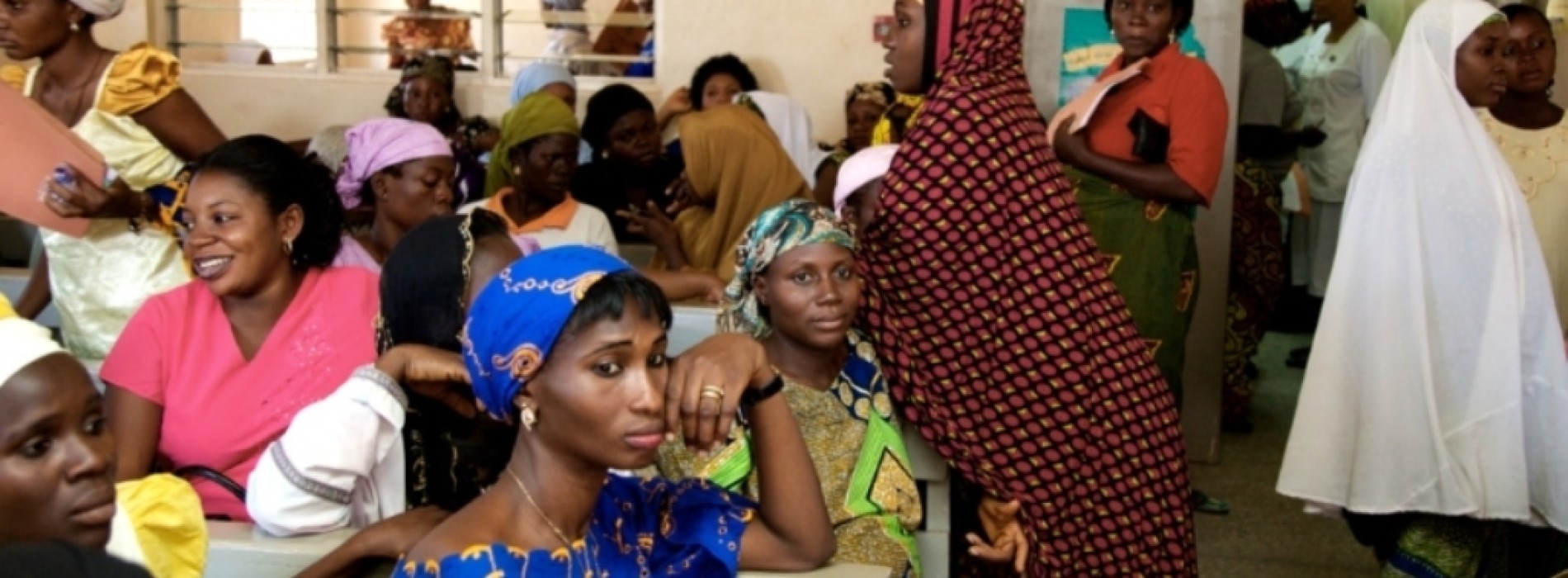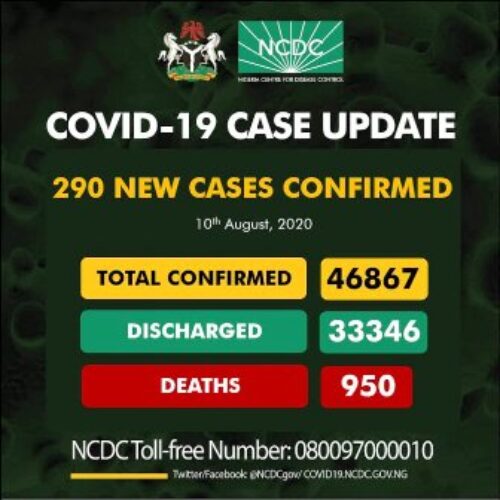49 per cent of Nigerian women are anaemic, experts say
At 26, Grace, a banker, could not cope with the rigours of her job. She was always weak and tired all day, making her to resort to heavy eating both in the office and at home. She ended up gaining more weight, became sluggish and so forgetful that she kept making mistakes in her work, which eventually led to her sack.
At the hospital, Grace’s case was traced to iron deficiency anaemia, a situation where the body lacks enough iron, an important micronutrient necessary for metabolic process such as oxygen transport, DNA synthesis, neural development and overall cell function of the body.
Grace is however not alone. Recent statistics from the 2014 Global Nutrition Report revealed that almost half (49 per cent) of women of reproductive age in Nigeria have anaemia, 24.3 per cent have low iron stores and 12.7 per cent of them are iron deficient.
These figures indicate that majority of the adolescent girls and women do not meet the iron requirements of 20 milligrams per day as recommended by the Food and Agricultural Organisation (FAO) and, the World Health Organisation (WHO).
An analysis of the effect of iron deficiency anaemia by the United Nations Children’s Fund UNICEF, showed that even mild to moderate cases of iron deficiency anaemia will affect cognitive function and work capacity.
“This is one main reason why young women of reproductive age and teenagers in Nigeria complain of tiredness, explained Folake Samuel, Senior Lecturer, Department of Human Nutrition, University of Ibadan. According to her, “55 per cent of Nigerian women complain of tiredness and fatigue as part of daily life. They also complain of dizziness, pale complexion, which are all symptoms of anaemia.
“One reason why women suffer more from anaemia is due to the chronic blood loss experienced during the monthly menstrual cycles. This blood loss, if not corrected by an appropriate diet, always leads to iron deficiency anaemia.
“Also women have hormonal changes in the body during the different stages of life such as adolescence, pregnancy, lactation and menopause. During all these phases, demand for iron and calcium is increased. If this increased demand is not fulfilled, they tend to suffer from chronic iron deficiency anaemia”, she said.
“Teenage girls need 50 per cent more iron, than when they were younger, to cope with their body changes and during pregnancy, the amount of iron needed are tripled because the body needs extra iron for both mother and foetus. This increases the risk of becoming anaemic, with consequences such as low birth weight, premature birth, neonatal and maternal death”, explained Toyin Saraki, from the Well Being Foundation.
The reason for this high rate of iron deficiency anaemia is not farfetched. Dr. Samuel, while presenting a report on ‘the prevalence and impact of iron deficiency anaemia in Nigerian women and teenagers’ said Research finding, published in African Journal of Biomedical, found out that Nigerian households consume food groups such as cereals and grains, roots, tubers, legumes, nuts and seeds which are high in phytate, known to inhibit iron absorption.
She said, less than half of the households interviewed during the research, consumed iron- rich foods on a daily basis such as vegetables and iron-rich meats. Quoting the report, Folake said because of this low consumption of iron-rich foods, a significant proportion of the women frequently experience various symptoms of iron deficiency. For instance, 55 per cent of the women rated tiredness and fatigue as part of daily life. Pale complexion, another symptom of anaemia is also common in our society, according to the report.
“Some people mistake a woman being pale as a sign of pregnancy, not knowing that it is an indicator of being anaemic, “she said.
The survey sampled 615 women aged 20- 45 years in Lagos to access their level of awareness on iron deficiencies, iron rich food and consequences of iron deficiencies.
According to her, “looking at the awareness level of iron deficiency, 55 per cent of the women know that when you suddenly become dizzy out of the blues, it is the consequences of not eating enough iron rich food. They are aware that there are iron-rich sources of food in our environment, they know its benefits as well as the consequences of iron deficiencies, yet they still consume very little iron rich food.
“Pregnant women, teenage girls and women of reproductive age are among the most vulnerable to iron deficiency anaemia because of high iron requirements.
Increasing iron intake during adolescence to prepare for pregnancy is crucial to decreasing the risk of iron deficiency anaemia and negative birth outcomes.
“The commonly consumed traditional dishes of Fufu, Garri, Rice, may not provide sufficient iron to meet the health requirements and this is why it is important to manipulate the traditional recipes. Green vegetables can be sprinkled in the stew or white rice“, she said.






0 Comments
No Comments Yet!
You can be first to comment this post!